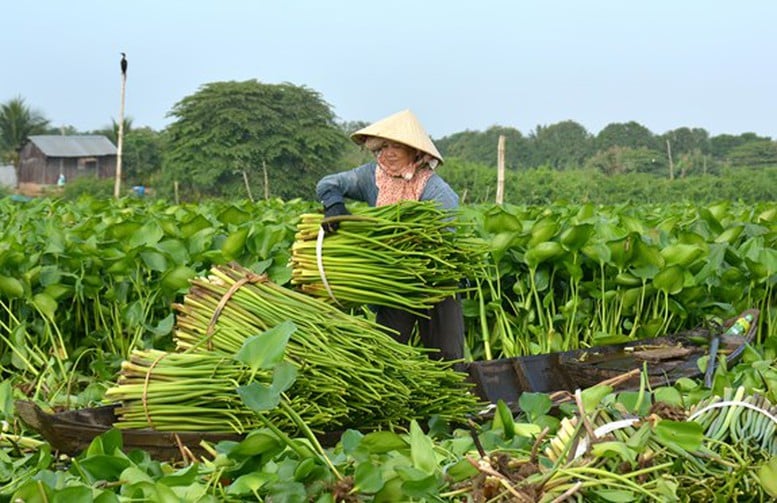
Water hyacinth is collected to be processed into organic fertilizer, animal feed and handicraft products - Illustration photo
On July 31, the Ministry of Agriculture and Environment (MARD) in collaboration with the United Nations Development Programme (UNDP) organized a national workshop on strengthening the management of invasive alien species in Vietnam. In the current context, the workshop is considered an important step in strengthening inter-sectoral and inter-local coordination, connecting policy, science and practical action, towards a sustainable and safe ecological future.
According to the Invasive Alien Species Report of the Intergovernmental Science -Policy Platform on Biodiversity and Ecosystem Services (IPBES), invasive alien species are one of the top five causes of biodiversity loss globally. More than 3,500 species have been recorded as causing harm, with the cost of damage reaching $420 billion per year.
Every year, about 200 new alien species are introduced into new ecosystems due to human activities. However, currently, up to 83% of countries still have no specific laws on the prevention and control of invasive alien species.
The report stresses that prevention is the most effective and cost-effective measure, especially in sensitive ecosystems such as islands and inland waters. With early detection and adequate resources, eradication, containment, control and ecosystem restoration are entirely possible.
In Vietnam, species such as the golden apple snail, mimosa and water hyacinth are causing serious impacts on agricultural production, freshwater ecosystems and people’s livelihoods. Despite its rich biodiversity, Vietnam is also highly vulnerable to the invasion and spread of alien species, due to a lack of long-term data and monitoring, limited resources and inter-sectoral coordination, and low public awareness.
Speaking at the workshop, Mr. Nguyen Quoc Tri, Deputy Minister of Agriculture and Environment, emphasized the importance of preventing and controlling invasive alien species - one of the five leading causes of global biodiversity loss. The workshop is an important forum for experts, organizations and relevant agencies to exchange experiences, share solutions, management models and techniques for controlling invasive alien species. Thereby, contributing to the effective implementation of the National Strategy on Biodiversity to 2030, vision 2050.
UNDP Resident Representative in Viet Nam Ramla Khalidi emphasized that: "Tackling the problem of invasive alien species is not just about protecting ecosystems. It is about protecting people, protecting health, protecting livelihoods, protecting our future. Policies and institutions are not enough. We need people, we need to raise community awareness, we need to build local capacity, we need to mobilize the private sector, we need to empower communities."
Many effective models for controlling invasive alien species
At the workshop, delegates shared practical experiences and effective control models. A typical example is the control of mimosa trees in Tram Chim National Park, where the encroachment area has been reduced from more than 2,000 hectares in 2006 to only 22 hectares in 2024 thanks to a combination of ecological measures and hydrological regulation.
In the Mekong Delta, water hyacinth is collected to be processed into organic fertilizer, animal feed and handicraft products, contributing to controlling invasive species biomass and creating additional income for the community.
In addition, experts also introduced many modern investigation methods such as environmental genetic technology (eDNA), remote sensing images from unmanned aerial vehicles, species distribution modeling, artificial intelligence and biological recording, tools that promise to bring high efficiency in monitoring and early warning work in Vietnam.
The workshop also introduced and solicited comments on the draft Circular regulating the List of Invasive Alien Species, which clearly stipulates the investigation, identification, appraisal and promulgation of the List of Invasive Alien Species.
In addition, international lessons learned, including IPBES assessment results and management experience from Sri Lanka, emphasize the importance of early detection, rapid response, source control and multi-stakeholder engagement in invasive alien species management.
Delegates agreed that, in order to achieve the goals of the National Strategy on Biodiversity to 2030 and Vision to 2050 as well as to fulfill international commitments, Vietnam needs to strengthen inter-sectoral coordination between sectors such as agriculture, environment, transport, quarantine, etc. and local authorities. At the same time, it is necessary to further mobilize community participation in biodiversity management and conservation.
Thu Cuc
Source: https://baochinhphu.vn/phong-ngua-khoanh-vung-tu-som-de-quan-ly-loai-ngoai-lai-xam-hai-102250731120415952.htm



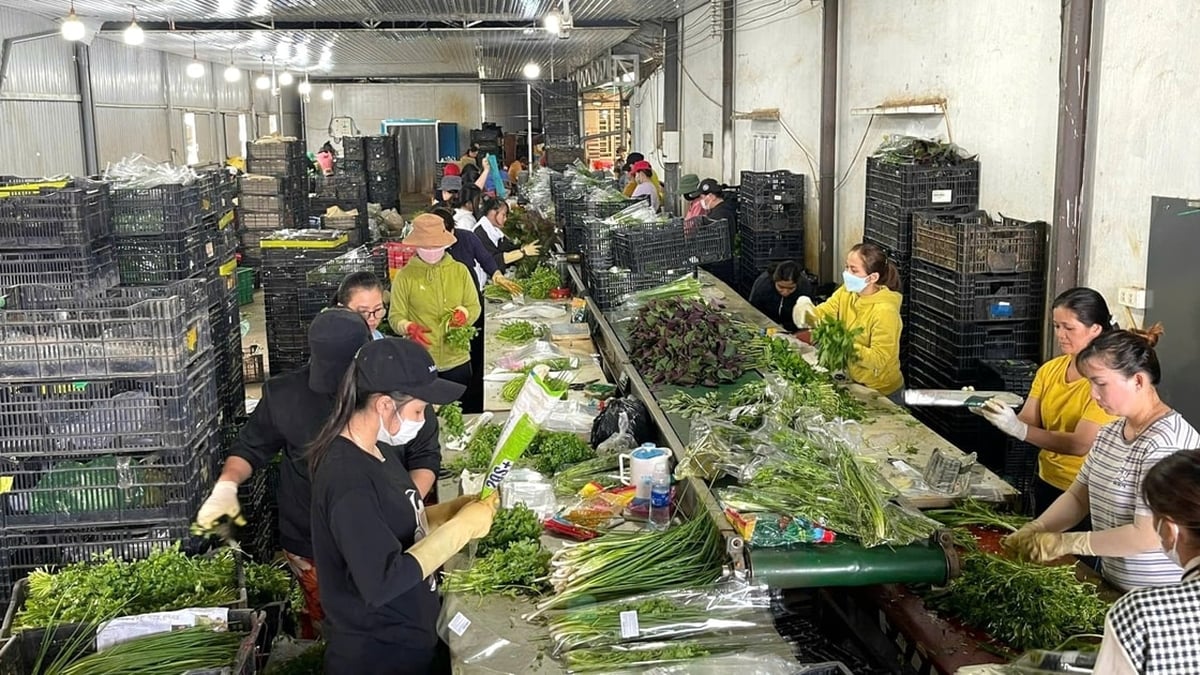

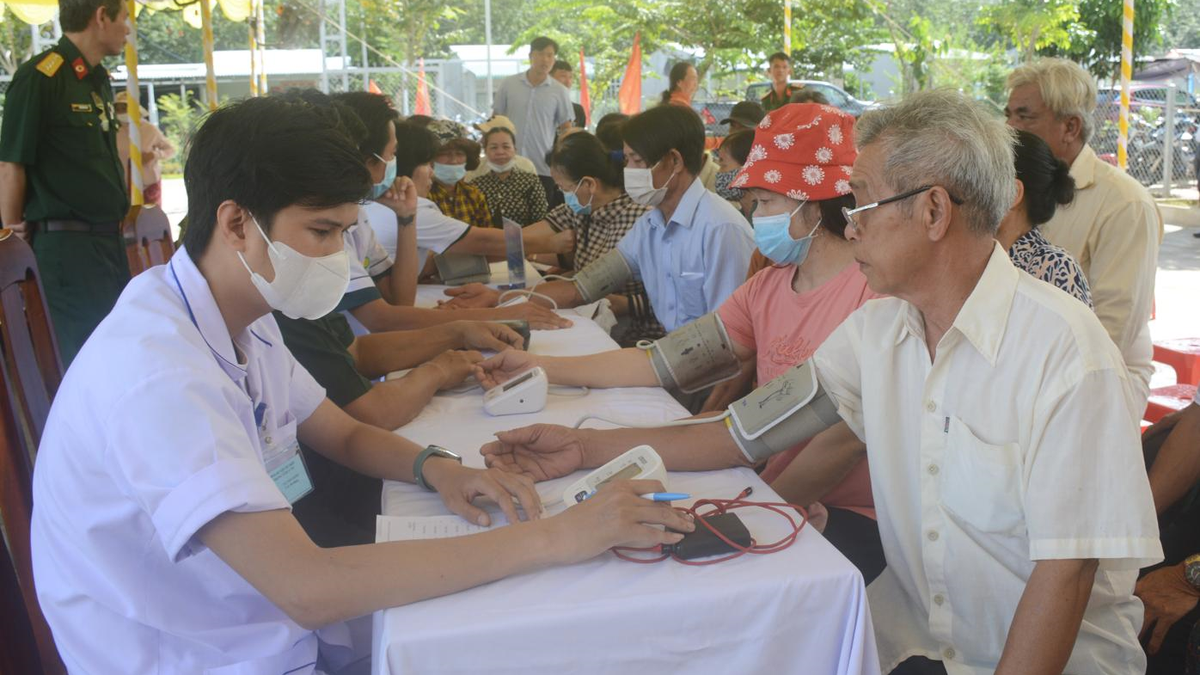




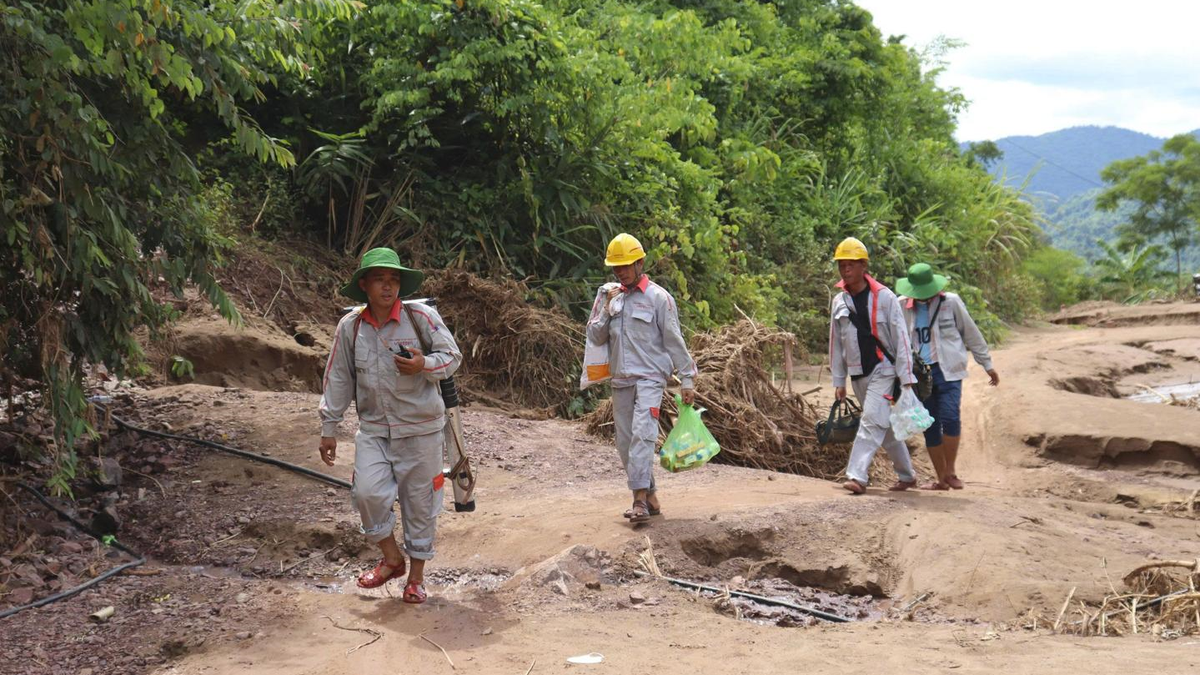
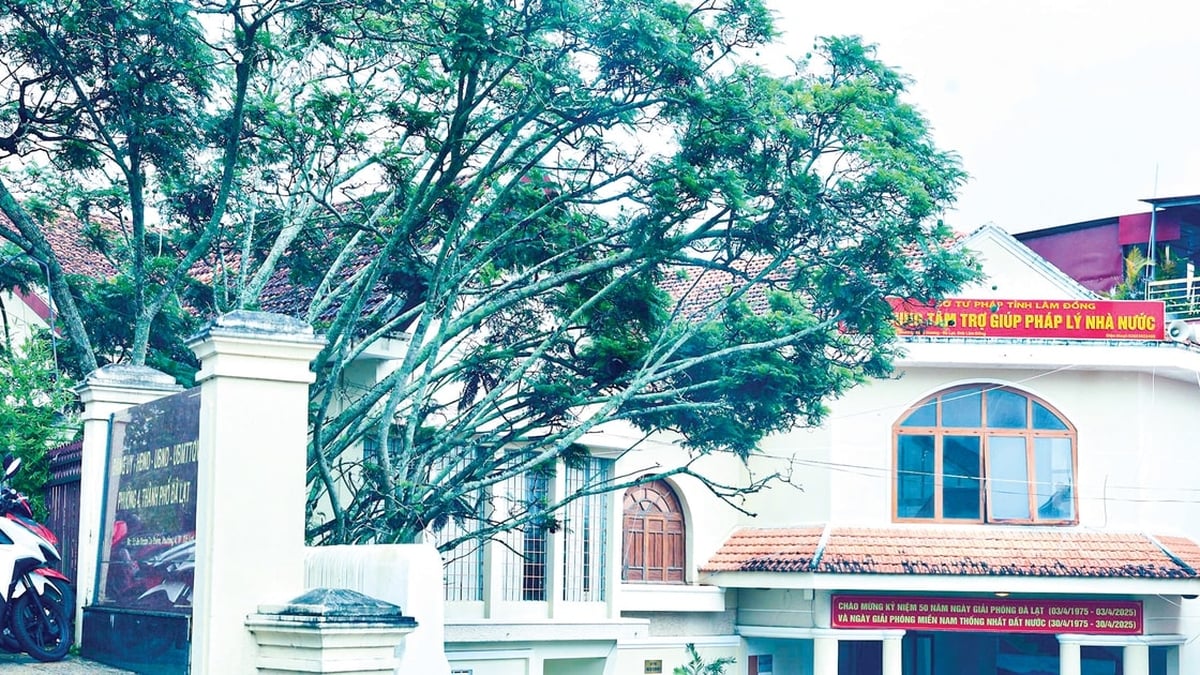



































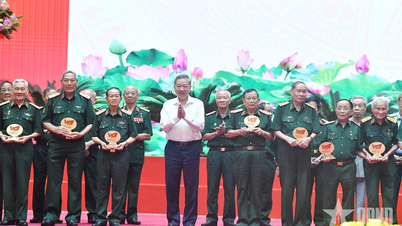





















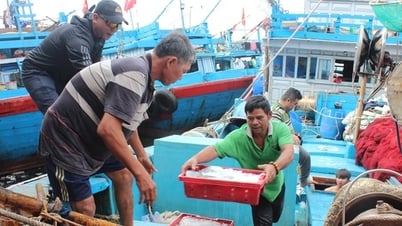



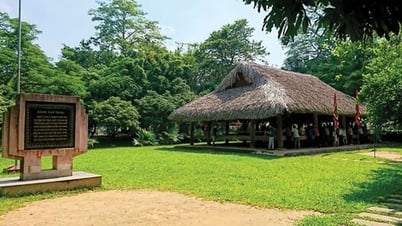











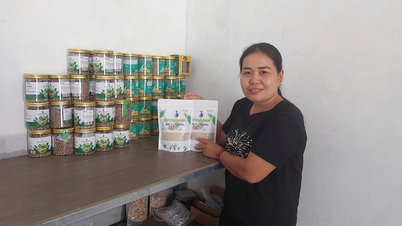











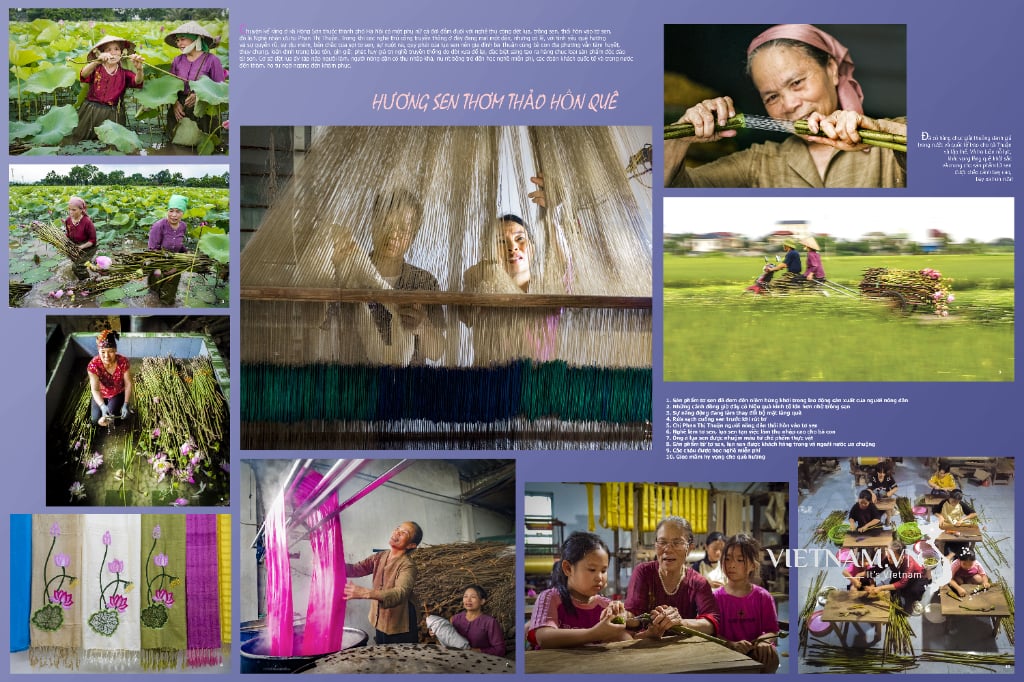

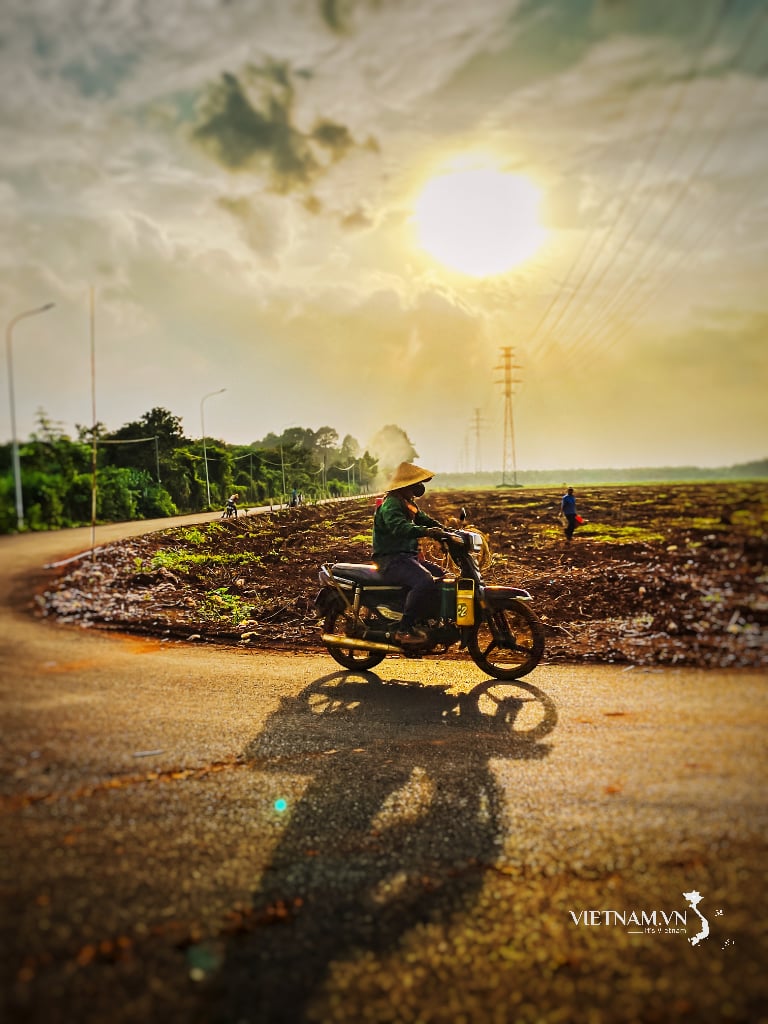
Comment (0)